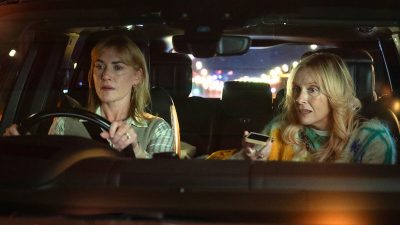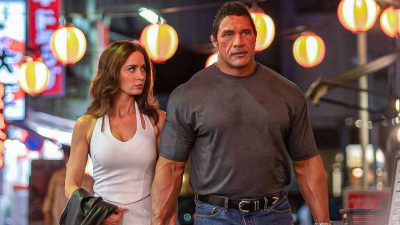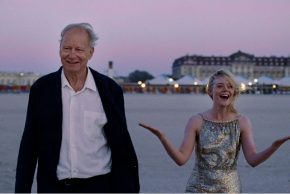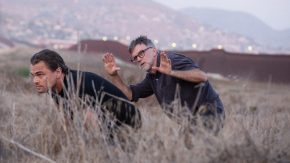When it comes to opera, I prefer the Metropolitan. No, I don’t buy a plane ticket or travel long hours to New York, I just get on the tram number two in Budapest and get off at the Müpa. This is where the not so ordinary classical music experience is brought to us via an online broadcast. Right now it’s Richard Strauss’s famous Der Rosenkavalier, conducted by Simone Young.
If you now think that, watching these broadcasts, that the singers in the auditorium of the Metropolitan are the size of ants running around the stage, of whom one does not perceive much, I must positively disappoint. Not only do the online broadcasts give us the experience of sitting in the auditorium of a prestigious opera house, but we feel as if we are right there on the stage, in close proximity to the singers.
We’ll also have a guide, as the broadcasts will be hosted by a renowned opera singer or conductor who will take us to special places during intermission, such as the costume shop, or watch the engineering precision with which the stage is rearranged between acts. We can also take a peek into a singing rehearsal of an upcoming production and listen to conversations with the cast. I find this much more exciting and interesting than standing in the buffet line at intermission, and of course it’s not a crime to get hungry during a performance. So, in addition to the fantastic visual experience, the broadcasts give us access to places and processes that we certainly don’t have the opportunity to see at other times.
The singers not only talk about their roles in the play, but also let us in on the breathing and slowing down phases between the two acts, which makes each of these mediated performances very authentic and human. We feel that for our ticket we are getting a truly unique opera experience that will live long in our memories. The next performance is a piece by Richard Strauss. Strauss has long been a highly controversial composer, regarded as the last German
“A Shakespearean barbarian: his art is like a rapeseed, bringing at once gold, sand, stone and rubbish; he has almost no taste, only an irrepressible power, impressive in its madness.”
Romain Holland, Nobel Prize-winning French writer, wrote about him.
Until the premiere of Der Rosenkavalier, or The Knight of the Rose, there was a fierce debate about his music. He had worked with a larger orchestra than his predecessors, and his music told stories so vividly that he himself said so at a luncheon:
“I can translate anything into the language of sound. if I have to, I can make you perceive that I’ve moved the cutlery from one side of the plate to the other.”
While critics were dismantling his art, the public was already seeing the composer who deserved the title of the world’s greatest music maker, who began playing the piano at the age of four and composing at six. His instrumentation was extremely versatile.
“The sun shines on Strauss’ music…, no one can escape its irresistible influence.”
– Debussy also commented on him.
When he wrote Der Rosenkavalier, Strauss believed that there was a need for a comic work in the operatic repertoire. Hofmannsthal was considered one of the finest writers of his time. The result was a masterpiece that has been hailed as a glorification of the soprano voice, and in which Strauss could experience his lyrical affection. The many waltzes and the beauty of the vocal parts make this work special, and there is even a trouser part for one of the soprano voices.
What else could be at the heart of this story but love, and a wise woman who, realising her age, gives up her much younger love for a young and beautiful heiress. Until then, of course, the story is full of twists and turns, accompanied by rich melodies that grip the viewer from the first moment.
The sound, the visuals and the cast will be fantastic, so don’t stay at home, see this performance and the remaining Metropolitan broadcasts at Müpa you won’t regret it!
Article: Anna Rácz
Translation: Nóra Fehér

























Comments